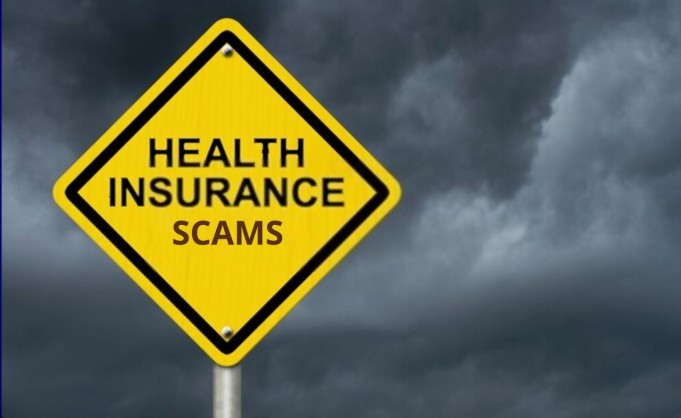Top Health Insurance Scams
Health insurance scammers are everywhere and are always ready to take advantage of consumers in any possible way. It becomes so tough for a consumer to distinguish between an insurance scammer and a trustworthy insurance company in such situations. As per the Health Care Anti-Fraud Association, healthcare fraud in the United States costs the nation nearly $68 billion annually. However, other researchers estimated it as more than 10% of annual healthcare expenditure, or $230 billion.
1. Dreaded Disease Policies
In this scheme, an insurance scammer claims to offer a plan which includes all the medical expenses related to the severe or dreaded diseases like cancer, heart attacks, or an unfortunate accident. But at the time of emergency, when a big five or six-digit bill comes, and you try to contact the company, the sham company is long gone with all your money in its pocket. These fake policies have plenty of loopholes, such as not having the option to renew coverage for particular diseases and fixed dollar amounts. So, before buying a health insurance policy, make sure that both agents and the company have a license in your state.
2. Bogus Obamacare Policies
In this, scammers call the victims and ask them for their personal information. These scammers tell people that they will issue a national health care card, which is why they need social security numbers and bank details. You should be aware that government agents never call or call (in rare cases) they will never ask you for your bank details. So, it’s always better not to respond to such fraud emails or calls asking for your details.
3. Discount Cards
In this, scammers promise you a 15% to 20% discount on your doctors’ visits and hospital stays. It may sound great, but these offers aren’t real. You should not trust any such offers. The legitimate insurance companies offers discounts “up to” a certain percentage with certain limitations. Before trusting any such offer, cross-check if those doctors accept any discount cards or not. You can also confirm it in your state’s insurance department regarding any past complaints on such discounts.
4. Medicare Card Renewal
In this, a scammer approaches you regarding your insurance plan’s expiration date or regulatory changes and that you are required to buy a new Medicare card. For this, they may tell you that non-renewal can result in a loss of coverage. Hence you are required to pay the renewal fee. In any such circumstances, call 1-800-MEDICARE. Apart from this, you should know that non-renewal cannot result in a loss of coverage as per current federal regulations.
Report the Health Insurance Scams
If you ever come across a healthcare insurance scam, you can report them in the following ways:
- Federal Trade Commission: Call 1-877-FTC-HELP (1-877-382-4357) or go to their official website www.ftccomplaintassistant.gov
- National Health Care Anti-Fraud Association
- Your State Insurance Fraud Bureau
- The official U.S. Government’s site for Medicare: STOP Medicare Fraud









